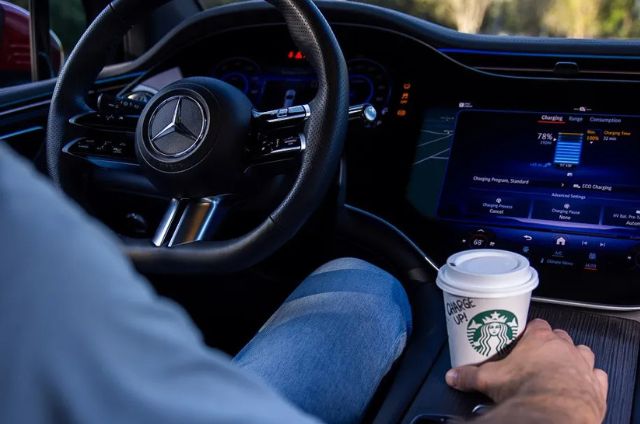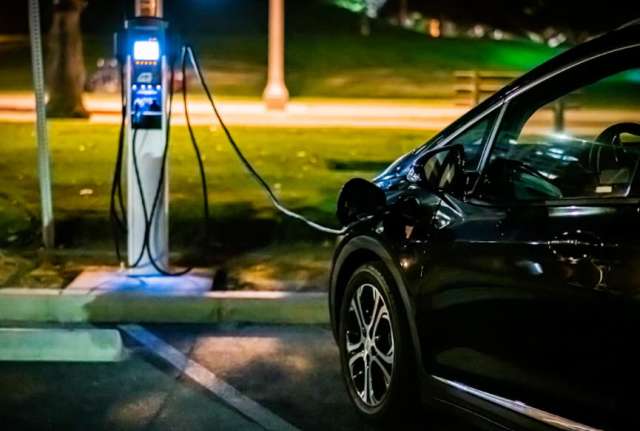European car giants are facing significant challenges as they navigate the complex transition to electric vehicles (EVs). Companies like Volvo, Volkswagen, Ford, and Mercedes-Benz have recently revised their ambitious EV targets, highlighting the difficulties of moving away from internal combustion engines (ICEs) in the current market environment.
Volvo Revises EV Ambitions
Recently, Volvo Cars announced that it would abandon its highly publicized plan to exclusively produce EVs by 2030. The company cited the need to be “pragmatic and flexible” in response to changing market conditions. Instead of fully phasing out ICE vehicles, Volvo now aims for 90% to 100% of its sales to be either fully electric or plug-in hybrid models by 2030. This comes up with up to 10% of its sales potentially still comprising mild hybrid models.
Delayed Electrification Targets
Volvo is not alone in adjusting its EV goals. Volkswagen, a company currently facing financial difficulties, along with Ford and Mercedes-Benz, has also announced delays in their plans to phase out ICE vehicles in Europe. According to Tim Urquhart, many manufacturers are reevaluating their strategies. They recognize the need to continue investing in ICE technology to remain competitive in the marketplace.
The auto industry’s move towards full electrification has been hindered by several factors. These include a slower-than-anticipated rollout of charging infrastructure, a reduction in government incentives in key markets, and uncertainty due to recent tariffs on EVs. Analysts have noted that the shift to EVs is a “non-linear journey” with numerous uncertainties, as reflected in the recent decisions by major carmakers.
The EV Path Forward
Despite these challenges, the long-term trajectory towards EVs remains clear. While the current market environment has prompted some companies to delay their EV targets, the necessity of securing a foothold in the EV market is undeniable. According to Rico Luman, the recent slowdown in EV sales is likely temporary.



